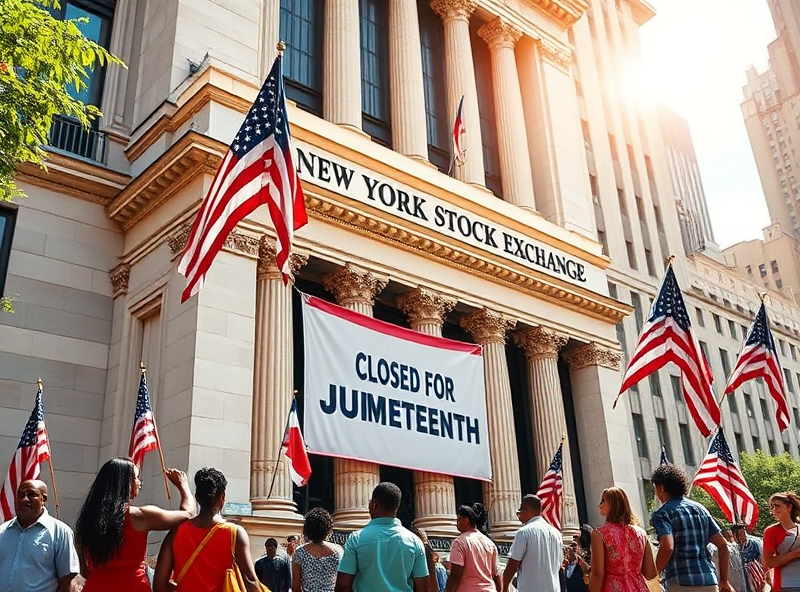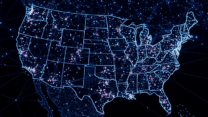
Juneteenth: What It Means and How It Impacts U.S. Financial Markets

Juneteenth, celebrated annually on June 19th, marks a pivotal moment in American history. It commemorates the day in 1865 when Union General Gordon Granger arrived in Galveston, Texas, and announced the end of slavery—more than two years after the Emancipation Proclamation was signed. In 2021, Juneteenth was officially recognized as a federal holiday, reflecting a broader societal acknowledgment of the significance of this day in the ongoing journey toward racial equality.
What Is Juneteenth?
Juneteenth, a blend of “June” and “nineteenth,” is also known as Emancipation Day, Freedom Day, or Jubilee Day. It is a celebration of African American freedom, culture, and progress. While the Emancipation Proclamation was issued by President Abraham Lincoln on January 1, 1863, it wasn’t until June 19, 1865, that the last enslaved African Americans in Texas were informed of their freedom. This delay was due to the slow spread of information and resistance in Confederate states.
Juneteenth as a Federal Holiday
In June 2021, President Joe Biden signed the Juneteenth National Independence Day Act into law, making it the 11th federal holiday in the United States. This move not only honors the historical significance of the day but also underscores the country’s commitment to acknowledging and addressing its past. Federal recognition means that all federal employees receive a paid day off, and many institutions, including banks and stock exchanges, adjust their operations accordingly.
Impact on U.S. Financial Markets
Juneteenth’s designation as a federal holiday has direct implications for U.S. financial markets. Here’s how:
- Stock Markets: The New York Stock Exchange (NYSE) and NASDAQ are closed on Juneteenth. This aligns with closures on other federal holidays like Independence Day and Martin Luther King Jr. Day.
- Bond Markets: The Securities Industry and Financial Markets Association (SIFMA) recommends full closure of the U.S. bond markets on Juneteenth. This affects trading in U.S. Treasuries, municipal bonds, and corporate bonds.
- Banking Operations: Most major banks close their branches in observance of Juneteenth. However, online banking and ATMs remain operational.
- Federal Reserve: The Federal Reserve Bank is closed, meaning that ACH (Automated Clearing House) transactions and wire transfers may be delayed if initiated on or around Juneteenth.
Economic and Social Significance
Juneteenth is more than a day off—it’s a moment for reflection and education. For businesses and financial institutions, it presents an opportunity to reaffirm commitments to diversity, equity, and inclusion. Many companies use the day to host educational events, volunteer opportunities, and internal discussions about racial justice and corporate responsibility.
How Investors and Consumers Should Prepare
Understanding the market closures and banking delays can help both individual investors and businesses plan accordingly:
- Plan trades ahead of time, especially if they involve time-sensitive transactions.
- Schedule bill payments and wire transfers in advance to avoid delays.
- Monitor communications from your financial institutions for any changes in service hours or availability.
Looking Ahead
As Juneteenth continues to gain recognition, its influence on American culture and the financial landscape will likely grow. From a market perspective, it joins the ranks of other key federal holidays that shape trading calendars and economic activity. From a societal standpoint, it stands as a powerful reminder of the nation’s ongoing journey toward justice and equality.
Disclaimer
This article is for informational purposes only and does not constitute financial, legal, or investment advice. While every effort has been made to ensure the accuracy of the information provided, readers should consult with a qualified financial advisor or legal professional before making any financial decisions. The author and publisher are not responsible for any actions taken based on the content of this article.







